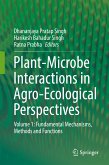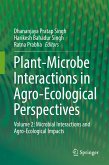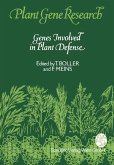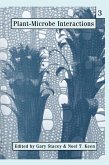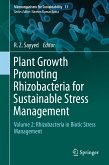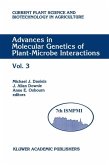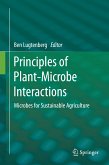This manual details the techniques involved in the study of plant microbe interactions (PMI). Covering a wide range of basic and advanced techniques associated with research on biological nitrogen fixation, microbe-mediated plant nutrient use efficiency, the biological control of plant diseases and pests such as nematodes, it will appeal to postgraduate students, research scholars and postdoctoral fellows, as well as teachers from various fields, including pathology, entomology and agronomy. It consists of five broad sections featuring different units. Information panels at the beginning of each unit present essential knowledge as well as advances in a particular topic. The manual can also serve as a textbook for undergraduate courses like Techniques for Plant-Microbe Interactions; Biological Control of Plant Diseases; and Nutrient Use Efficiency. Providing basic insights and working protocols from all related disciplines, this unique laboratory manual is a valuable resource for researchers interested in investigating PMI.
Dieser Download kann aus rechtlichen Gründen nur mit Rechnungsadresse in A, B, BG, CY, CZ, D, DK, EW, E, FIN, F, GR, HR, H, IRL, I, LT, L, LR, M, NL, PL, P, R, S, SLO, SK ausgeliefert werden.



